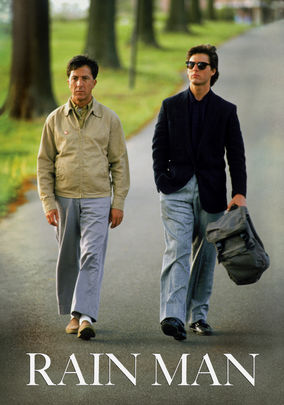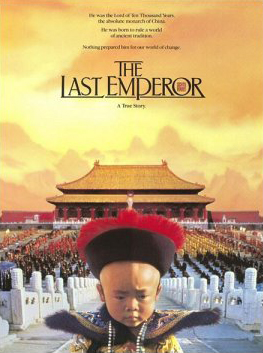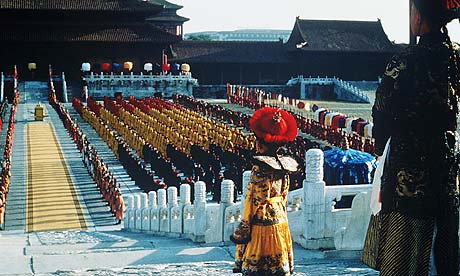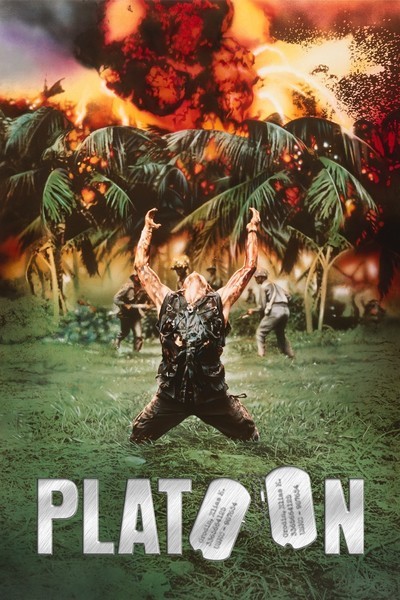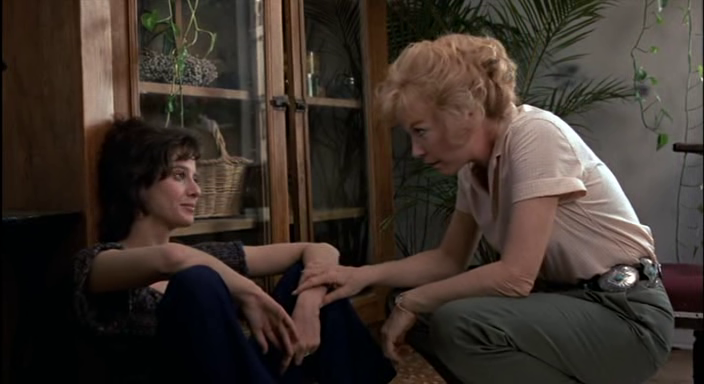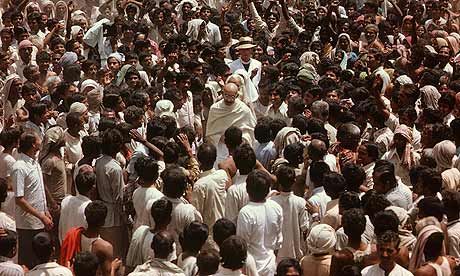
1990--Dances With Wolves,
Kevin Costner
Nominated: Awakenings,
Ghost, Godfather III, Goodfellas
Should have won: Dances
With Wolves
Be sure to see: Darkman,
Home Alone, Jacob's Ladder, Misery, Total Recall.
“The man the soldiers
are looking for no longer exists. Now there is only a Sioux named
Dances With Wolves.”--Ten Bears
1980's winner Ordinary
People is a movie that won best
picture, I agreed with the choice, but most people say Raging
Bull should have won.
Now, a decade later, history repeats itself. Though Goodfellas
is in the general consensus of
being the choice of best picture of 1990, the statue was awarded to
Dances With Wolves. Most
cry foul; I agree with the decision.
In
his directorial debut, Kevin Costner took a genre that was considered
dead and brought it back to the masses. A few crowd pleasing westerns
popped up here and there like Young Guns or
Silverado but the
seriousness of Dances With Wolves struck
a new tone. Also, a nice change in the genre is how the film depicted
the Indians. Compared to classic westerns where many Indians were caricatures, each were full fledged
characters with personalities and a purpose.
In1865,
Lieutenant John Dunbar requests to be sent to an outpost deep into
the western frontier. He wants to see the land before civilization
does and at 450 miles away, he might have some time to do so. He
sets out with a guide who is soon dispatched by members of the
Pawnee tribe. Dunbar finds an abandoned post and keeps a journal. He
lives in solitude save for a wolf friend he names Two Socks. Soon he
confronts members of a neighboring Sioux tribe (not Pawnee) and tries
to communicate. He is accepted and learns of their ways.
At a
four hour running time, this synopses barely skims the surface. There
are so many aspects of the film that captivates the audience. The
cinematography captures the vast wilderness beautifully, the score is
moving, and the sets are convincing. But this movie was more about
its characters. At first, the Indians torment Dunbar by
stealing his horses. Eventually, he has enough and chooses to
confront them on their own turf, unaware of the consequences. Some
are cautious but Kicking Bird (Graham Greene in an Oscar nominated
role; he would lose to Joe Pesci who gives the shortest acceptance
speech in history) is curious. As they gain Dunbar's trust, the
audience gets familiar with them just as Dunbar does. Because there
is a white woman at the camp who they had captured years earlier, she
remembers some English and the language barrier which had frustrated
Dunbar and Kicking Bird collapses slightly. She is known as Stands
with Fist and one thing I didn't get was in the flashback when she is
explaining how she came to live with the tribe she is a very young
girl. But she tells Dunbar she was very old when she came to live
with the people. I guess that was a mistake. But in time Dunbar is
accepted, learns the language, and becomes a part of the tribe.
In
the best scene, the Sioux and Dunbar go on a buffalo hunt. It is one
of the most beautifully photographed scenes I've ever seen. Thousands
of buffalo run chaotically while the men run beside them. Some of the
buffalo get trampled, I noticed, and I get the feeling the PETA
people were not on the set because it looked authentic to me.
Deep into the movie (2:18
in) we finally understand the title. Dunbar, who had previously been
known as “the lieutenant” to the Sioux, is given a new name and
he later realizes there is no more Dunbar. After a colossal fight
with another tribe (another fantastic sequence) he hears his new name
being chanted over and over and has a revelation. Not to trip over a
great scene but I thought I saw a warrior wearing blue jeans. Just
something to check out if you get the chance.
As if the movie was not
epic enough, in the final act we see a cavalry has arrived at the
fort. Dunbar (or Dances With Wolves) has returned to retrieve his
journal because the location of his Sioux friends is recorded in it.
He is captured to the confusion of the cavalry on why a white man is
speaking such a language. Two Socks makes an emotional return in this
segment.
The movie is full of
drama and action (not easy to do) but even at almost four hours the
movie captivated me. It is such a large scale movie and is completely deserving of its win, despite the brilliance of Goodfellas which is also a must see modern masterpiece in its own right. Dances With Wolves jump-started the 1990s and is one of the best
films of the decade for sure. And I'd say it is the second best Oscar winner of the '90s.



